Editor’s Note: Lent is a season of personal reflection. As Advent provides a time to prepare our hearts and minds to celebrate the birth of our Savior, Lent offers us time to reflect on our sin, and the need for our Savior’s death and resurrection on the cross.
This year, our weekly reflections will focus on the mercy of God. In His goodness, God has displayed mercy towards us from the start. He knew sin would enter the world and created a means to have right-standing with Him. In the coming weeks, we will spend time remembering God’s mercy and His pursuit of us—from our sinfulness and need, to the institution of sacrifices for the Israelites, culminating with the perfect sacrifice of Jesus Christ on the cross. God has been always kind, always just, always loving, always merciful.
Last week, we put ourselves in the place of a lost sheep that God pursues and finds. This week, the apostle Peter reminds us we are all sheep who are going astray.
Jesus as Sacrifice
“’He committed no sin, and no deceit was found in his mouth.’ When they hurled their insults at him, he did not retaliate; when he suffered, he made no threats. Instead, he entrusted himself to him who judges justly. ‘He himself bore our sins’ in his body on the cross, so that we might die to sins and live for righteousness; ‘by his wounds you have been healed.’ For ‘you were like sheep going astray,’ but now you have returned to the Shepherd and Overseer of your souls.”
I Peter 2:22-25, quoting Isaiah 53
Reflect:
1. You may have noticed in this translation that the sheep were going astray. It was an active situation of straying. What is something that is happening for you right now, this week, where you are straying? Sinning? Jesus bore those sins so that we could live for righteousness. What righteous choice, by Jesus’ strength, do you want to do instead? How can you create your own “But now…” chapter of your faith story?
2. What new awe do you have for Jesus, being reminded by scripture that he didn’t return insults or threats? If Jesus entrusted himself to God as his judge, what do you think he wants each of us to do regarding judgment of others? What specific circumstance is God bringing to your mind?
“My dear children, I write this to you so that you will not sin. But if anybody does sin, we have an advocate with the Father—Jesus Christ, the Righteous One. He is the atoning sacrifice for our sins, and not only for ours but also for the sins of the whole world.”
1 John 2:1-2
Reflect: John calls Jesus both “the Righteous One” and our “advocate.” Jesus’ righteousness is presented in stark contrast to our sinfulness. Even good people have sin.
1. To atone means to compensate, to make amends. What is the largest chasm you can think of? The largest number or price tag you can imagine? The most horrendous wrong? Write those down. Contemplate the immensity of them. Then recognize that Jesus is greater. He paid for the sins of the whole world!
2. Who “in the whole world” still needs to hear the good news of Jesus’ atonement? Make a list. Pray that all may hear.
This week’s scriptures provide precious insights into our Savior—the righteous one, our advocate, the shepherd and overseer of our souls. Spend time praising our Savior using these names.
Prayer: Dear Jesus, You are our perfect sacrifice. You are the righteous one who advocates for us with Your heavenly Father. You are the Great Shepherd, the one who pursues us, finds us, brings us back to the fold. You are the overseer of our souls. Because of your atoning sacrifice, we are healed. You are the hope of the whole world. We bow in awe of you, in devotion to you, in silence before you, the lamb who was slain. Amen.
Additional scriptures: Luke 22:32-43, Isaiah 53:6-12, Genesis 22:1-14
*New International Version of the Bible was used for scriptures in this piece.

